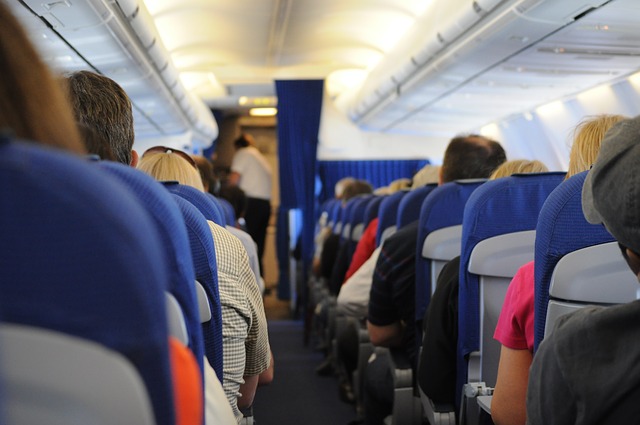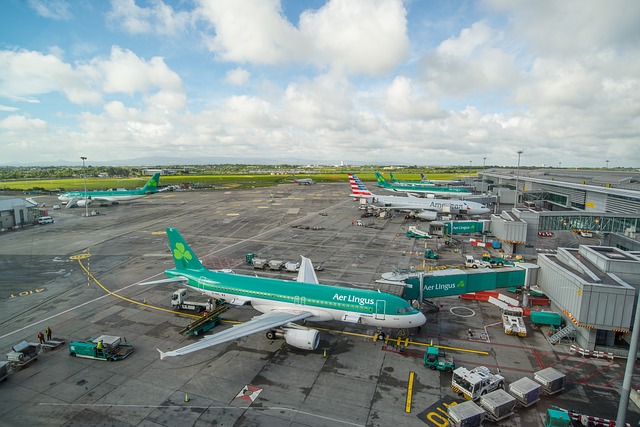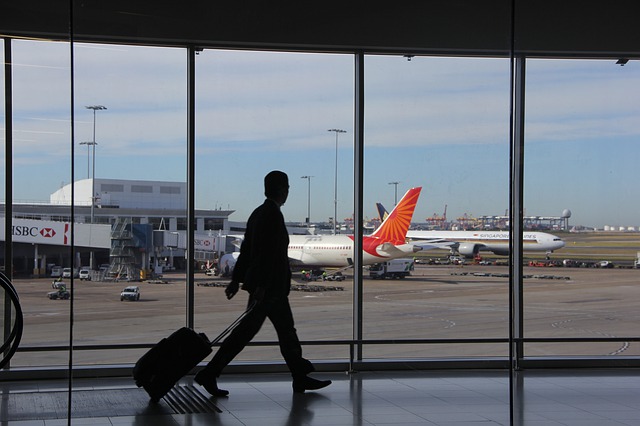Here’s the OFW situation amid the COVID-19 crisis: too many are losing their jobs and returning home, but too few are flying out. This has a big impact not just on the financial situations of the individual OFWs but even on the government as fewer remittances are sent to the Philippines.
COVID-19 Greatly Affects OFWs
As COVID-19 continues to rage across the world, affecting billions of people, thousands of overseas Filipino workers (OFWs) have also lost their jobs. While many have remained in the countries they serve due to travel restrictions, thousands have also been repatriated.

What’s sad is that there are too few OFWs flying out, whether new hires or those who are supposed to be returning to their old jobs.
Based on data from the Philippine Overseas Employment Administration (POEA), only 70,990 new hires deployed from January to May 2020. This is a whopping 60% lower than last year’s figure of 174,348 deployed newly hired OFWs.
“This is only for new hires. This does not include rehires and seafarers, which are the main groups composing the bulk of our deployment,” revealed POEA administrator Bernard P. Olalia.
Since the start of the bring-back-home overseas Filipinos program of the Department of Foreign Affairs (DFA) in February, over 50,000 have been repatriated. But many remain in the host countries, unable to go home due to various reasons but also having no jobs.

As governments across the world remain cautious about letting people in, deployment figures are not expected to rise anytime soon.
Recruitment consultant Emmanuel Geslani said that some countries have even put hiring of OFWs on hold. Another stumbling block is that the POEA requires employers to start paying the OFWs as they arrive at the host country, even if they are still undergoing the mandatory quarantine period.
“This is now the stumbling block for the deployment of OFWs to Hong Kong and Taiwan—that the quarantine period for them should be paid according to the POEA; which, to many agencies, is unfair and unjust to the employers,” Geslani said.

Mandatory Quarantine Period for OFWs
The mandatory quarantine period for OFWs follows guidelines set by the World Health Organization (WHO) of at least 14 days. There are also countries that require incoming workers to undergo rapid test or the swab test before they can be allowed to go to their employers’ home or company.
